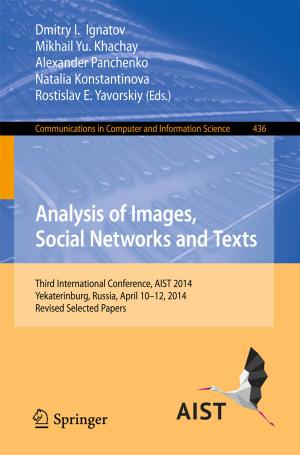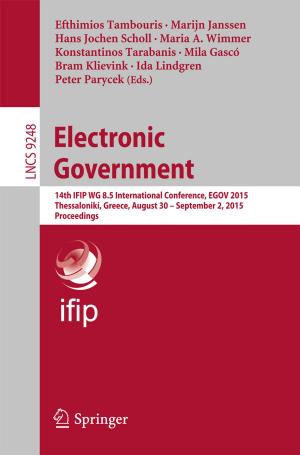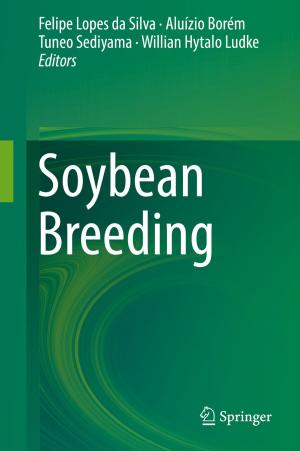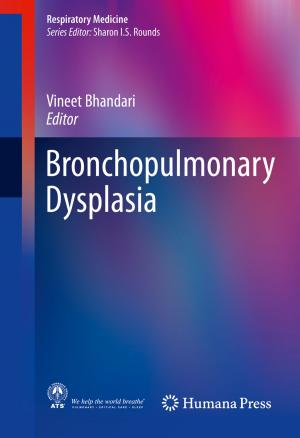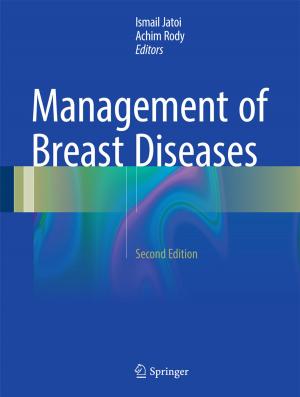Professional Error Competence of Preservice Teachers
Evaluation and Support
Nonfiction, Reference & Language, Education & Teaching, Educational Theory, Evaluation, Counseling & Guidance| Author: | ISBN: | 9783319526492 | |
| Publisher: | Springer International Publishing | Publication: | April 6, 2017 |
| Imprint: | Springer | Language: | English |
| Author: | |
| ISBN: | 9783319526492 |
| Publisher: | Springer International Publishing |
| Publication: | April 6, 2017 |
| Imprint: | Springer |
| Language: | English |
This book discusses competence, teacher competence, and professional error competence of teachers, and emphasizes the need for a training programme that supports the latter. The book starts out by presenting results from previous studies that underline the necessity to train professional error competence of teachers, especially in the field of accounting. The studies analysed include research in the field of accounting, and on the efficacy of teacher training. Next, considerations on training programmes are presented.
From these analyses, a training programme was designed to support professional error competence in accounting. This training programme aims for increased knowledge about students’ errors (content knowledge) and offers strategies to handle these errors (pedagogical content knowledge). Both are central facets of professional error competence. The book describes the development, characteristics, implementation, and evaluation of this programme. It details the test platform that was developed and used for the assessment of professional error competence, and critically discusses the results from the evaluation of the training programme from various perspectives.
The current discussion on teacher training and expertise is influenced by empirical results obtained in international large-scale studies such as PISA and TIMSS. The findings of the studies underpin the discussion on teaching quality and teachers’ professional competences. The key issue is that teacher competence has an impact on teaching quality and this, in turn, influences students’ achievements. International comparative studies reveal that teachers often lack central competence facets, and therefore it is assumed that standard teacher training programmes may fail to successfully prepare student teachers for their tasks. Therefore, customized training programmes are currently being discussed. Their focus is mostly on pedagogical content knowledge and classroom practices, because these competence facets are essential for teaching quality.
This book discusses competence, teacher competence, and professional error competence of teachers, and emphasizes the need for a training programme that supports the latter. The book starts out by presenting results from previous studies that underline the necessity to train professional error competence of teachers, especially in the field of accounting. The studies analysed include research in the field of accounting, and on the efficacy of teacher training. Next, considerations on training programmes are presented.
From these analyses, a training programme was designed to support professional error competence in accounting. This training programme aims for increased knowledge about students’ errors (content knowledge) and offers strategies to handle these errors (pedagogical content knowledge). Both are central facets of professional error competence. The book describes the development, characteristics, implementation, and evaluation of this programme. It details the test platform that was developed and used for the assessment of professional error competence, and critically discusses the results from the evaluation of the training programme from various perspectives.
The current discussion on teacher training and expertise is influenced by empirical results obtained in international large-scale studies such as PISA and TIMSS. The findings of the studies underpin the discussion on teaching quality and teachers’ professional competences. The key issue is that teacher competence has an impact on teaching quality and this, in turn, influences students’ achievements. International comparative studies reveal that teachers often lack central competence facets, and therefore it is assumed that standard teacher training programmes may fail to successfully prepare student teachers for their tasks. Therefore, customized training programmes are currently being discussed. Their focus is mostly on pedagogical content knowledge and classroom practices, because these competence facets are essential for teaching quality.


